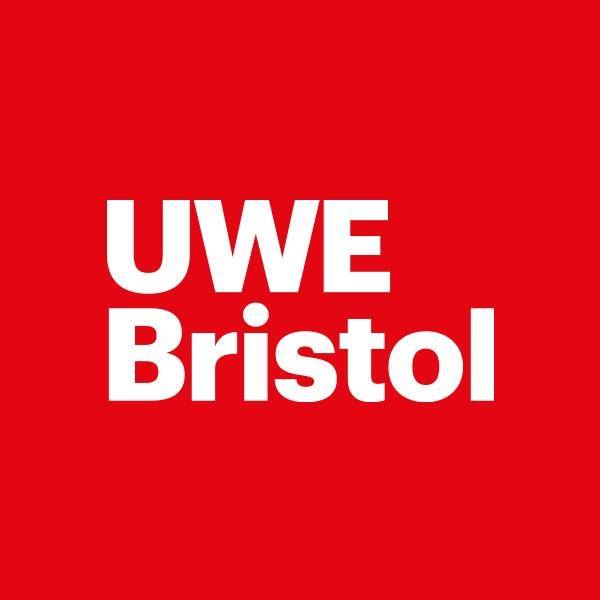Studying BA (Hons) Economics will give you a solid understanding of how and why, and the skills needed to analyse issues and effect change across a wide range of areas, including the public sector, think tanks, financial institutions and charities.

From environmental sustainability to financial stability, and from wages to wealth, economic forces affect every aspect of our lives.
Studying BA (Hons) Economics will give you a solid understanding of how and why, and the skills needed to analyse issues and effect change across a wide range of areas, including the public sector, think tanks, financial institutions and charities.
Economics at UWE Bristol is an exciting and cutting-edge applied course which focuses on real and relevant issues, using and applying the latest post-crisis economic theory.
Why UWE Bristol?
Along with this economics degree we also offer BSc(Hons)Economics. On both, you'll apply the latest economic theories to real and relevant challenges, develop critical thinking and debate ideas from a range of perspectives.
The BSc course gives you the chance to develop your technical skills to a more advanced level. The BA degree provides a rigorous and accessible economics training to those with less mathematical experience.
On both pathways, you'll be taught by a passionate and enthusiastic team of research-active staff with a growing reputation for being at the cutting edge of new ideas in economics. You'll develop your experience and test theoretical learning though placements and study abroad opportunities.
Learn to analyse a wide range of economic issues, such as where does wealth come from? Is our way of life sustainable? Is global trade a force for good? How does the banking and financial system affect our lives? Will robots take people's jobs? Is inequality getting worse and does it matter?
UWE Bristol takes a unique pluralist approach to teaching economics. As well as using traditional textbooks, you'll draw on ideas from a range of viewpoints and disciplines, placing economics in its broader social and political context.
With an emphasis on developing key skills and critical thinking while gaining real-world experience, you'll get regular access to industry and policy-making through placements, field trips and guest lectures.
Where Can It Take Me?
As a graduate with a degree that's rooted in realism and application, you'll be highly attractive to employers.
You could pursue a career in government, banking and finance, retail, non-governmental organisations (NGOs) or charities.
Content:
The University continually enhances our offer by responding to feedback from our students and other stakeholders, ensuring the curriculum is kept up to date and our graduates are equipped with the knowledge and skills they need for the real world. This may result in changes to the course. If changes to your course are approved, we will inform you.
Learning And Teaching:
Entry:
At UWE Bristol, we’re focused on solving future global challenges through outstanding learning, world-leading research and a culture of enterprise.
Here, we empower our students to make a choice. To choose a university that pushes itself as much as it pushes them. To choose a community of original thinkers - breaking new boundaries and leading the way.
From our enterprise support programmes to industry masterclasses. Professional mentoring to business incubators. World-leading research facilities to work experience opportunities across the globe. We give our students the tools they need to act on their ideas and make them happen.
Each of our pioneering courses have been created in partnership with industry professionals. And over 150 come with professional accreditation from industry bodies.
Coupled with world-class teaching, they’re designed to equip students with the most in-demand skills, and the kind of mindset that employers want and need. So that when you graduate from UWE Bristol, you’re ready to take on the world.
© 2025 coursetakers.com All Rights Reserved. Terms and Conditions of use | Privacy Policy